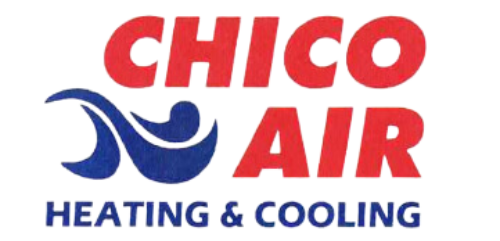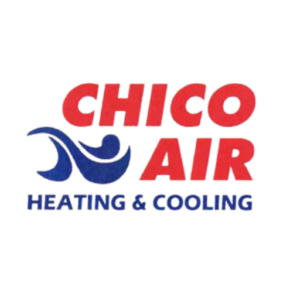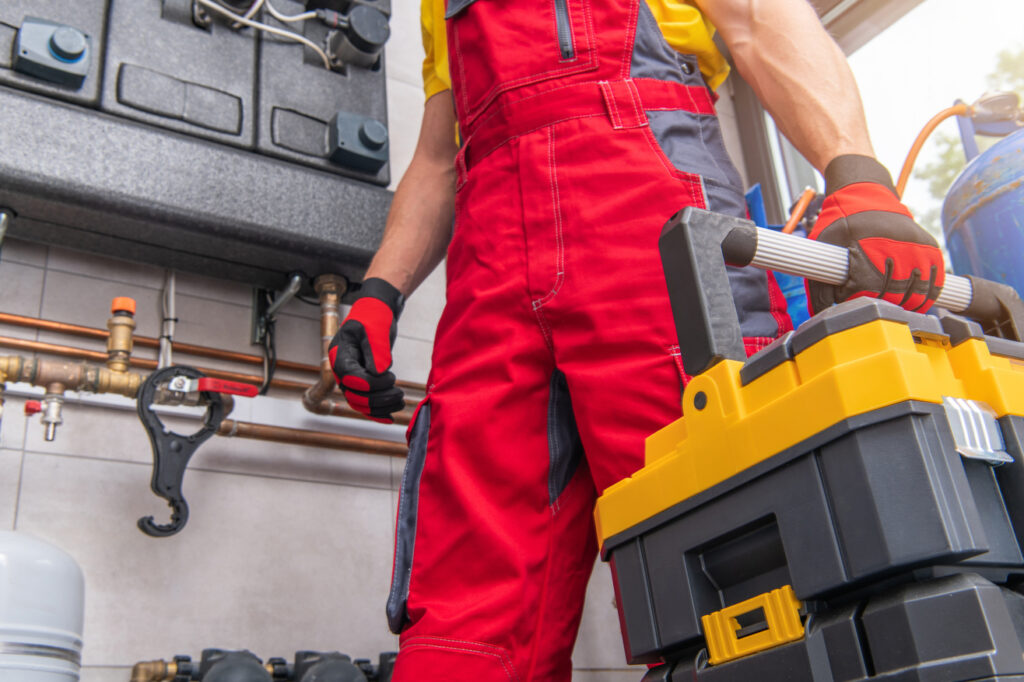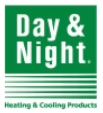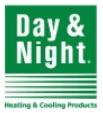The HVAC (Heating, Ventilation, and Air Conditioning) industry is undergoing a significant transformation, driven by technological advancements and an increased focus on energy efficiency and environmental sustainability. As homeowners and businesses strive for more comfortable, cost-effective, and eco-friendly solutions, innovative HVAC technologies are rapidly gaining traction.
Smart Thermostats and Home Automation
Smart thermostats have revolutionized how we control our indoor climate. By learning from users’ preferences and habits, these devices can automatically adjust temperatures, optimizing comfort, and energy efficiency. Integrated with home automation systems, smart thermostats offer a seamless user experience, allowing homeowners to control their HVAC system remotely via smartphones, tablets, or voice commands. Some advanced models even utilize artificial intelligence and machine learning to predict user behavior, further enhancing their energy-saving capabilities.
Energy-Efficient Systems
As energy costs continue to rise and environmental concerns grow, the demand for energy-efficient HVAC systems is stronger than ever. Technologies such as variable refrigerant flow (VRF), inverter-driven compressors, and heat pump systems offer significant energy savings, reducing both utility bills and greenhouse gas emissions. These systems not only help homeowners and businesses save money but also contribute to a greener, more sustainable future.
Air Purification Technology
Indoor air quality has become a major concern in recent years, with studies revealing that indoor air can be up to five times more polluted than outdoor air. To address this issue, HVAC manufacturers are incorporating advanced air purification technologies into their systems. Features such as HEPA (High-Efficiency Particulate Air) filters, UV-C light, and activated carbon filters can effectively remove pollutants, allergens, and pathogens, providing a healthier and more comfortable indoor environment.
Geothermal Heating and Cooling
Geothermal systems utilize the earth’s stable temperature to provide efficient heating and cooling for buildings. By exchanging heat with the ground, these systems can drastically reduce energy consumption and greenhouse gas emissions compared to conventional HVAC systems. While the initial investment for geothermal systems can be higher, the long-term energy savings and low maintenance costs make them an attractive option for environmentally conscious consumers.
IoT and Predictive Maintenance
The Internet of Things (IoT) is transforming the HVAC industry by enabling real-time monitoring and data analysis of system performance. By collecting and analyzing data from various sensors, IoT-enabled HVAC systems can predict potential issues, schedule maintenance, and optimize performance, ultimately reducing downtime and maintenance costs. This proactive approach to maintenance can also extend the lifespan of HVAC equipment and ensure optimal energy efficiency.
The HVAC industry is evolving at a rapid pace, with new technologies and trends emerging to meet the changing demands of consumers and businesses. From smart thermostats and energy-efficient systems to advanced air purification and geothermal solutions, these innovations are poised to transform the way we heat, cool, and ventilate our spaces. As the industry continues to progress, homeowners and businesses can expect more efficient, environmentally friendly, and user-friendly HVAC solutions to become the new standard.
